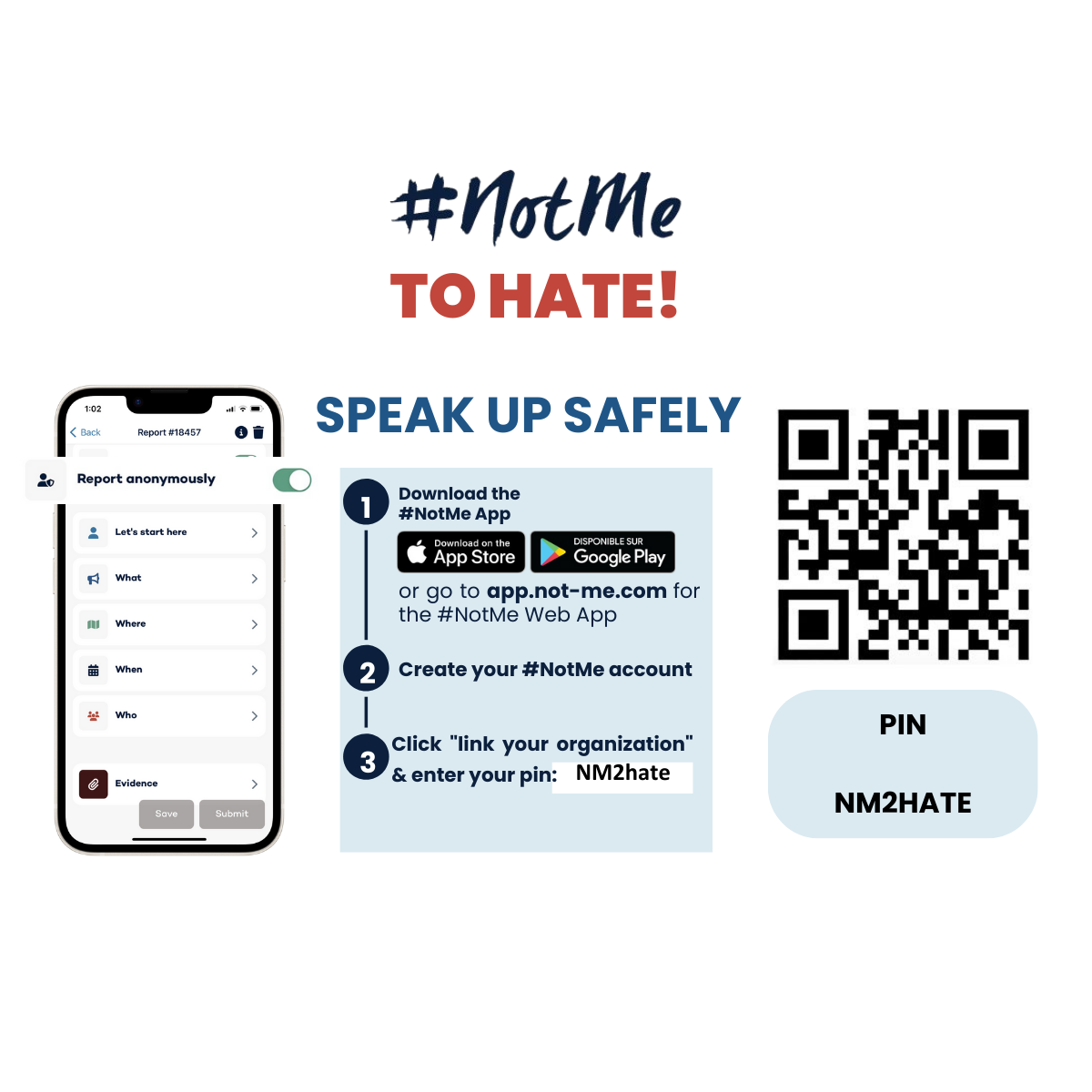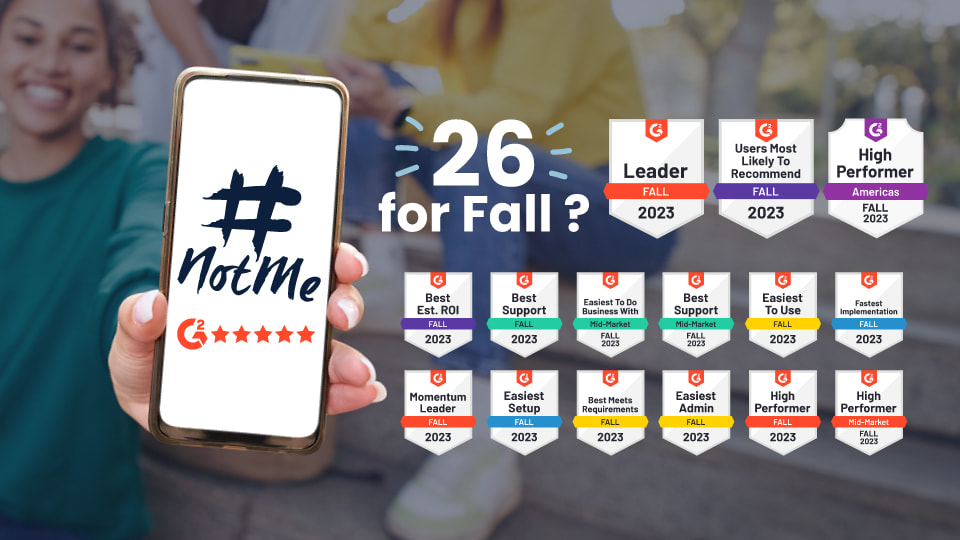The conflict in the Middle East has stirred very deep emotions in many students and professors. Life on campus across many universities, colleges and high schools across the country has become psychologically (and sometimes physically) unsafe for many students.
Today, too many on US schools and campuses are feeling anxious and afraid because of hateful slurs and acts they have heard or experienced in their classrooms or on campus. Known incidents have taken place at Harvard, Tulane, Stanford, George Washington U. to name a few.
Hate has no place on school campuses. Hate is a virus that must be addressed swiftly when it shows its ugly face.
What Are Schools’ Legal Obligations?
Schools have, under the law, an obligation to protect all students from discrimination and harassment. School administrators and leadership have a duty to provide everyone on campus with a safe environment. No one on any school’s campuses – or anyone visiting any campuses – has a license to make any students, staff or faculty feel unsafe.
The protection offered by Title VI of the Civil Rights Act of 1964, which prohibits discrimination based on
by programs or activities of recipients of federal financial assistance, extends to students who experience discrimination, including harassment, based on their actual or perceived:
(i) shared ancestry or ethnic characteristics; or
(ii) citizenship or residency in a country with a dominant religion or distinct religious identity.
Just a month ago, on September 28, 2023, the Biden-Harris Administration took a landmark step to counter antisemitism, clarified—for the first time in writing—that Title VI prohibits certain forms of antisemitic, Islamophobic, and related forms of discrimination in federally funded programs and activities. These wide-ranging protections provide important tools to curb discrimination based on shared ancestry or ethnic characteristics and to better protect the civil rights of all students on US campuses.
These actions were developed with support from the Department of Justice (DOJ) and provide details about how these protections may cover individuals of many different faith traditions, such as people who are Jewish, Muslim, Sikh, Christian, Hindu, or Buddhist.
The Department of Education (ED) launched an Anti Semitism Awareness Campaign to ensure all students are able to attend schools free of discrimination. To open this campaign, in May, ED issued a Dear Colleague Letter specifically on antisemitism to schools, reminding them of their legal obligation under Title VI. The Department of Education has long detailed how Title VI applies to shared ancestry and ethnic characteristics in the educational setting.
The Department of Education’s Office for Civil Rights (OCR) may investigate complaints that students have been subjected to ethnic or ancestral slurs; harassed for how they look, dress, or speak in ways linked to ethnicity or ancestry (e.g., skin color, religious attire, language spoken); or stereotyped based on perceived shared ancestral or ethnic characteristics.
When Is a School Environment Considered Hostile?
The OCR generally finds that a hostile environment exists where there is harassing conduct that is sufficiently severe, pervasive, or persistent so as to interfere with or limit the ability of an individual to participate in or benefit from the services, activities, or privileges provided by a school.
If a hostile environment based on shared ancestry existed, and the school knew or should have known of the hostile environment, OCR will evaluate whether the school met its obligation under Title VI to take prompt and effective steps reasonably calculated to end the harassment, eliminate any hostile environment and its effects, and prevent harassment from recurring.
A school will be deemed to violate Title VI when it fails to take adequate steps to address discriminatory harassment, such as antisemitic harassment.
What Schools Should Do to Protect their Students & Staff?
Schools must take immediate and appropriate action to respond to harassment that creates a hostile environment. Today, #NotMe is reaching out to all school admins and leaders across the country who want to receive real time feedback from students & staff in order to take adequate measures to EFFICIENTLY & SWIFTLY address discriminatory harassment and safety concerns faced by their organization.
What Should Students Do When Facing Hate on Campus?
Know that the law (under Title VI and Title IX) protects everyone from discrimination and harassment. Each and everyone of you should feel – and be – safe on and off campus. No one on your school’s campus – or anyone visiting your campus – has a license to make students, staff or faculty feel unsafe.
If you are the victim or the witness of hate crimes, please do not stay silent. No one can help if you do not report it. The #NotMe app makes it safe for you to report, from your smartphone or computer, and anonymously if you prefer.
Our team will receive your report, will review it and will be in touch with you within less than 24 hours after submission, to see how we can help.
Reporting hate via #NotMe will not only allow us to help you but will also help us get a real sense of how bad the situation is at your school. You will not likely be the only students reporting, and getting multiple reports centralized through #NotMe will help us in holding your school’s administration accountable in making it safe for all.
Join us today in saying #NotMe to hate. The time is now and remember, if #NotMe, then Who?
Additional Resources












